2. Nutritional Preparation in soccer
NUTRITIONAL PREPARATION IN SOCCER
What Is It?
Football has evolved. It is now faster and more intense than ever before. The energy demands of a footballer have completely changed and it is scientifically proven that having a personalized diet improves performance in competition.
A football year is divided into 3 parts:
⏮ PRE-SEASON can last from 4 to 6 weeks and generally brings a high physical load for players.
🏆IN SEASON can last between 6 and 10 months. During this stage, we have to try to maintain our body composition at the most optimal level possible since it is the stage focused on sports performance.
🏝OFF-SEASON is when players must pay attention so that this period of inactivity does not translate into fat accumulation and loss of muscle mass.
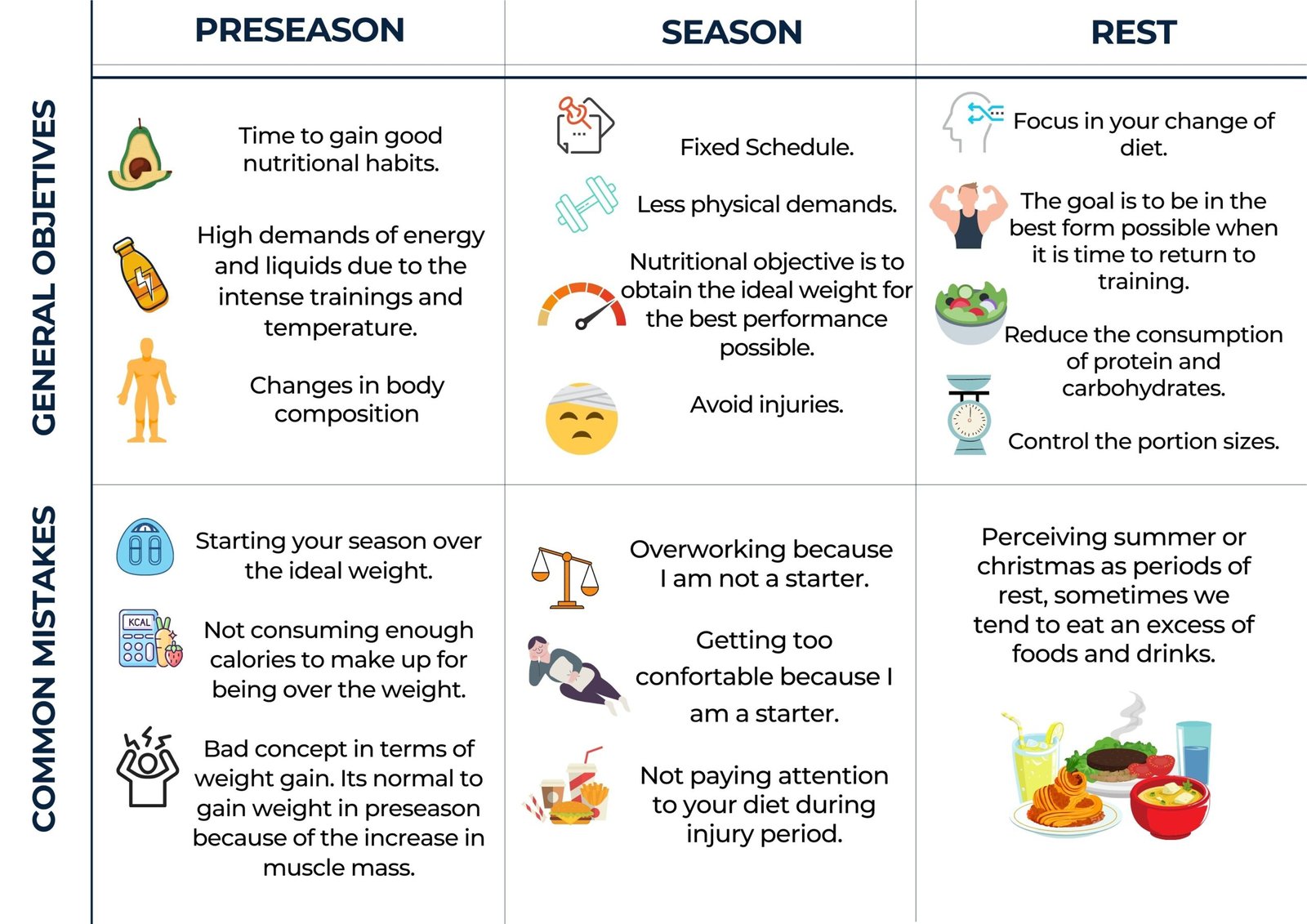
Source: own elaboration
* ⚠️ In the pre-season phase, it is important to focus on good training, accompanied by a good diet. DO NOT focus so much on minimizing calories, but on training well, and your fitness will come by itself.
BASIC NUTRIENTS FOR SOCCER PLAYERS
Next, you will learn about the main nutrients that you need to improve your sports performance. It is important that you know the functions of these and in which foods you can find them.
🍝 CARBOHYDRATES are like gasoline for your body.
You can find them in pasta, cereals, rice, bread, potatoes and legumes. To a lesser extent it is also in fruits and vegetables.
You have to control your intake because once the limit is ingested, the excess carbohydrates turn into fats.
The depletion of your carbohydrate reserves can cause fatigue.
🥩 PROTEINS are part of the structure of your cells. They participate in muscle contraction and also in the defense and repair functions of your body.
-
- 🌰 Of vegetable origin:
- Legumes, whole grains, nuts, tofu.
- 🥚 Of animal origin:
- Meat, fish, eggs, milk.
- 🌰 Of vegetable origin:
🥑 FATS are your body’s reserve of energy. They give you vitamins, provide thermal insulation, hold muscle glycogen, and are part of the cell membrane. Here are examples of foods with unsaturated and polyunsaturated fats, which we know as “good fats”.
🥜 Walnuts, peanuts, pistachios, salmon, olive oil, avocado.
🍊 VITAMINS and MINERALS are essential for the proper functioning of your body. They are of great importance since they are critical for a well-functioning metabolism. We can find them in fruits and vegetables.
💧 WATER is so important that a later section is dedicated entirely to proper hydration.
IN SEASON
During this period we need our bodies to be in the best possible shape because we are competing.
For this, it is important to:
-
- ✅ Adjust the nutritional plan depending on the day and time of training.
- ✅ Shop and cook according to what you need.
- ✅ Be open to trying new foods and recipes.
- ✅ Eat the foods that are in season.
Below we briefly detail how to plan your weekly nutrition based on your matches and workouts. This example is a player with games on Saturday or Sunday.
 START OF THE WEEK
START OF THE WEEK
This is a period where you have light, technical sessions due to the proximity of your last game.
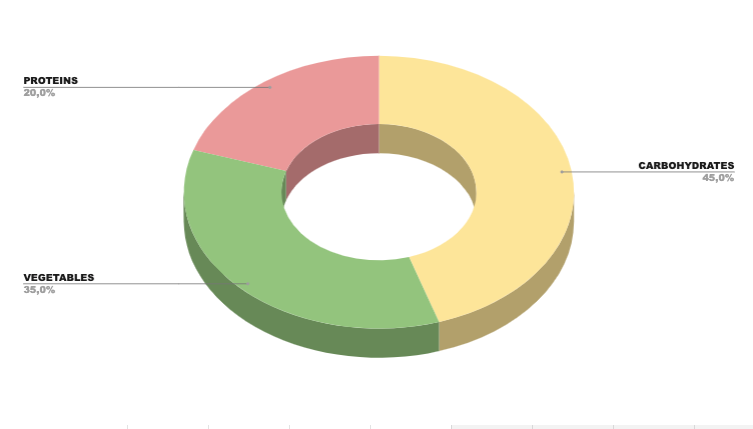 Source: own elaboration
Source: own elaboration
 TRAININGS SESSIONS WITH A HEAVIER WORKLOAD
TRAININGS SESSIONS WITH A HEAVIER WORKLOAD
They are usually performed mid-week; lots of carbohydrates and hydration are needed.
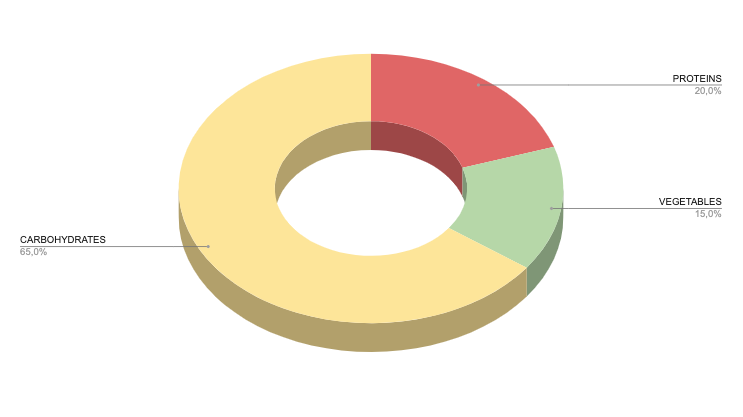
Source: own elaboration
 PRE-COMPETITION
PRE-COMPETITION
For pre-match meals (24-36H), it is important to consume a lot of carbohydrates to fill your energy stores and plenty of water to become hydrated.
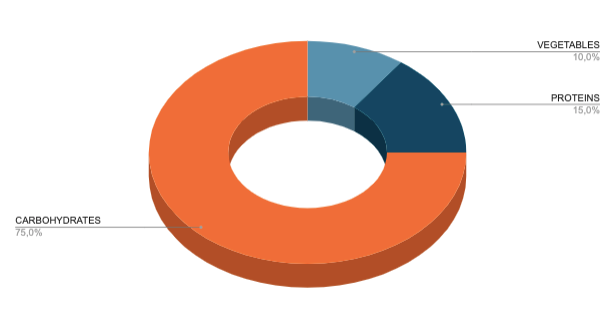
Source: own elaboration
PERIODS OF REST AND INJURY
Footballers may take advantage of the times of the year when there is no competition (Christmas and Summer) to rest and do all the activities that they can not do during the season. However, it is important that you do not neglect your diet during this period so that your return to training is done in the best possible way. When you are not in competition, it is important to reduce the number of carbohydrates and increase the intake of vegetables.
Quick tips:
-
- 🤤Control the quantities of your dishes so you do not arrive very hungry at the next meal.
- 🍺Alcoholic or carbonated soft drinks and soft drinks seriously damage your physical condition as they are empty calories of nutrients.
- ⏸ Eat slowly, calmly, and chew your food a lot.
- 💧Hydrate a lot.
- 🥬Don’t skip dinner even if you’ve eaten a lot, it’s better to have something light for dinner than go without anything.
- 🍩Be careful with junk food and holiday sweets.
- 🥝Always include vegetables in your dishes and eat fruit between meals.
- 👨👩👦👦Don’t forget that these are moments to enjoy with your family and friends, but be cautious of eating too much.
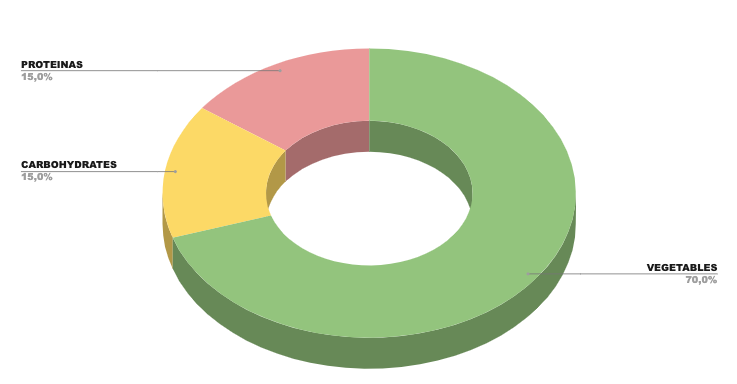
Source: own elaboration
On the other hand, there are situations in which these breaks or stops are not a consequence of the season calendar, but rather due to injuries suffered by a player during competition.
During this time the player’s energy needs are lower, therefore their diet must be adjusted accordingly.
Some recommendations for injured players are as follows:
-
- 🍞Eat whole grain and minimally processed foods.
- 🍒Increase the consumption of fruits and vegetables.
- 🥛A high protein intake is recommended, for this, you can rely on dairy products or supplements that contain high protein value.
- 🥑In addition, foods rich in Omega 3 such as oily fish, walnuts, olive oil, and avocado are recommended.
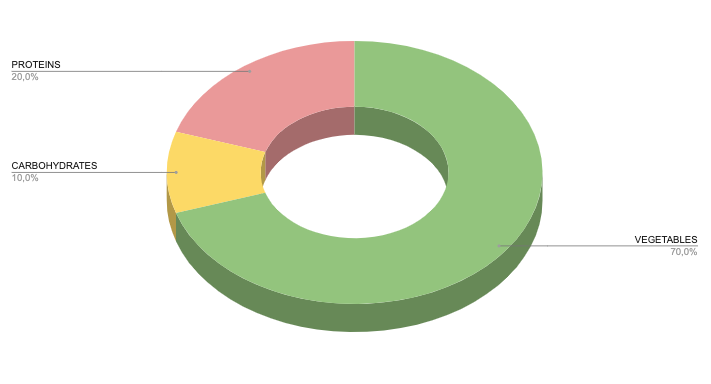 Source: own elaboration
Source: own elaboration
HYDRATE
The water in our food, along with the water we drink and the rest of the fluids we ingest, must guarantee proper hydration before, during, and after training sessions and matches.
When water is lacking, performance capacity decreases. A 2% loss of normal body hydration reduces performance capacity by 20-30%.
💧 HOW TO HYDRATE?💧
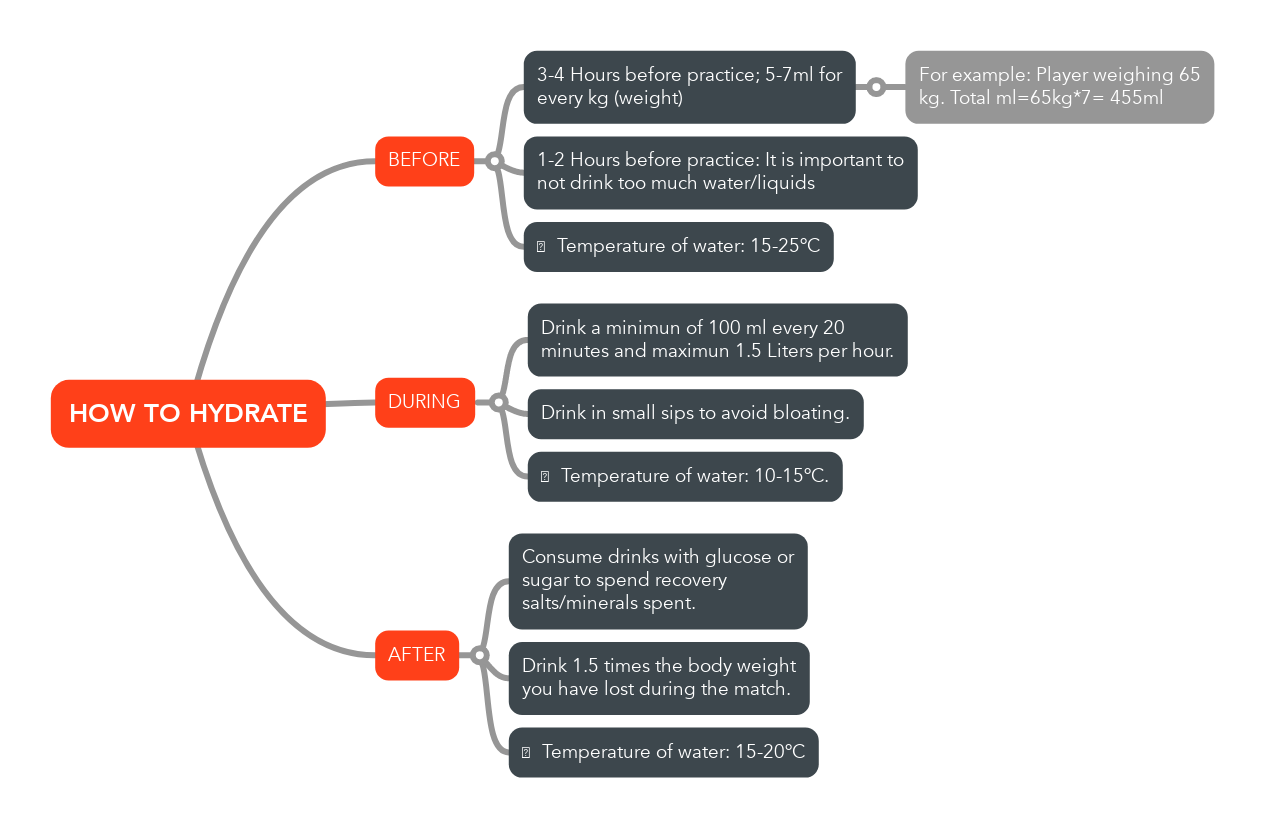
Source: own elaboration
How to choose the right drink?
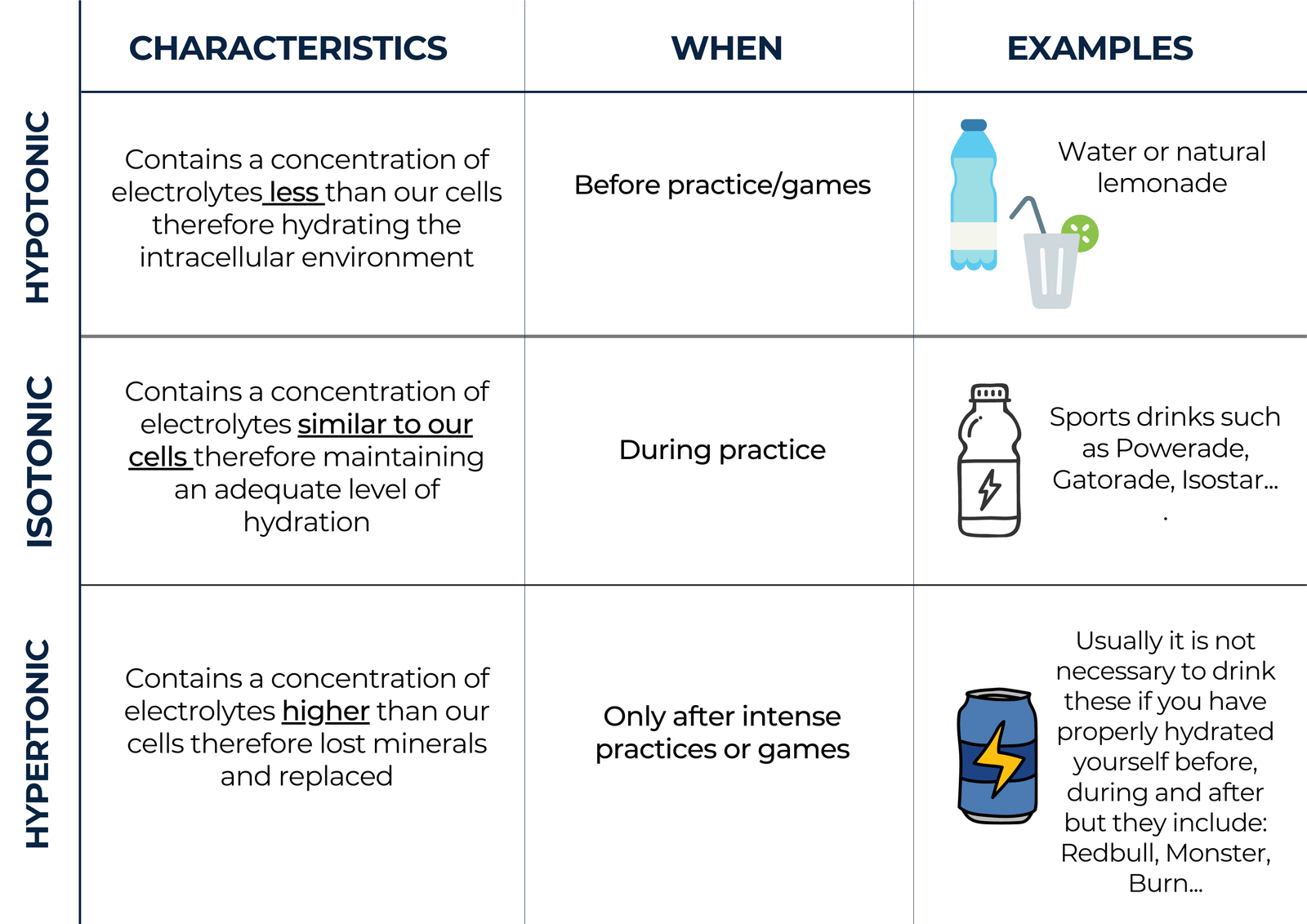
Source: own elaboration
How to know your hydration level?
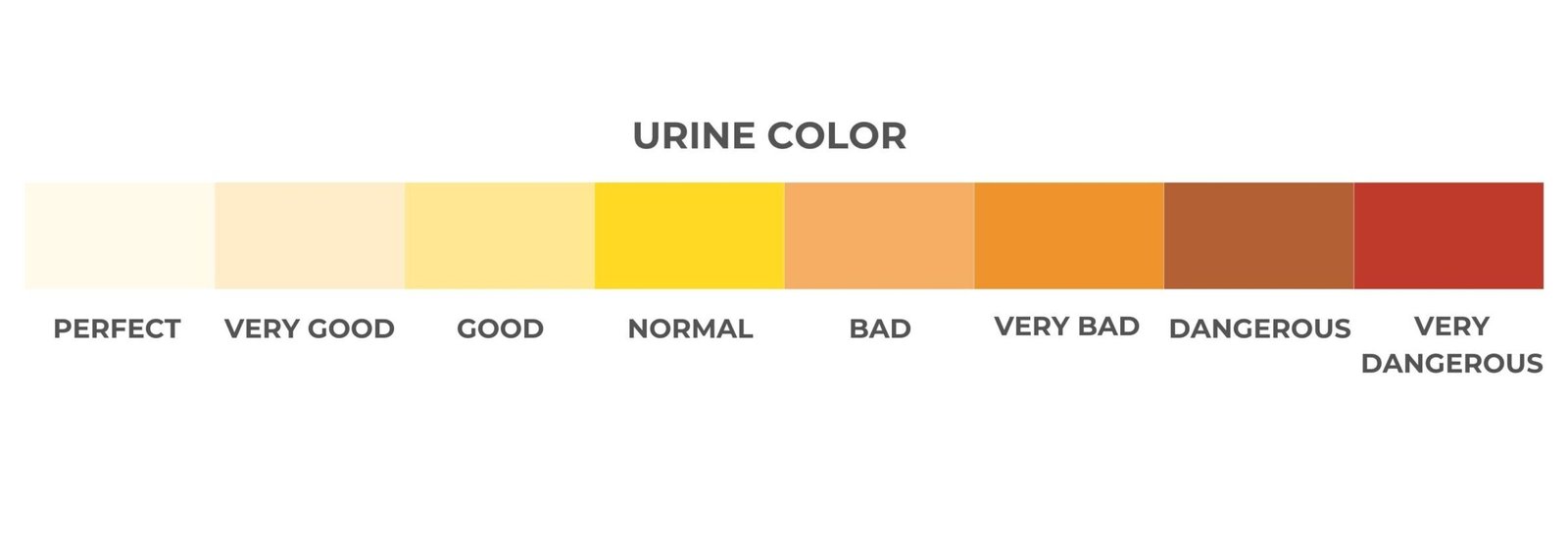
Source: own elaboration
Measure Yourself
Next, we are going to tell you how you can measure your body composition. You must remember that a correct body composition will help you perform much better and reduce the risk of injury. It is very important that footballers have as little fat as possible.
Anthropometric assessment: It is the most reliable and reasonably priced tool to measure body composition. It is very important to standardize the measurement process. We must always measure the same thing, in the same way, to make an accurate evaluation of our body composition.
Tool to use: We will use a plicometer.

Source:https://acefitnessstore.com/collections/accessories/products/1pc-crossfit-body-fat-loss-tester-calculator-fitness-caliper-clip-298714822
POINTS TO MEASURE:

Source: https://www.pngwing.com/es/search?q=m%C3%BAsculo+recto+femoral
ASSESSMENT:
The sum of the 6 folds that we collect should not give more than 50mm for amateur footballers and 40mm for professional footballers.
It is important that you are not the one who takes the measurements, look for a person you trust. You should always be standing straight and never contracting your muscles while the shots are being taken.
